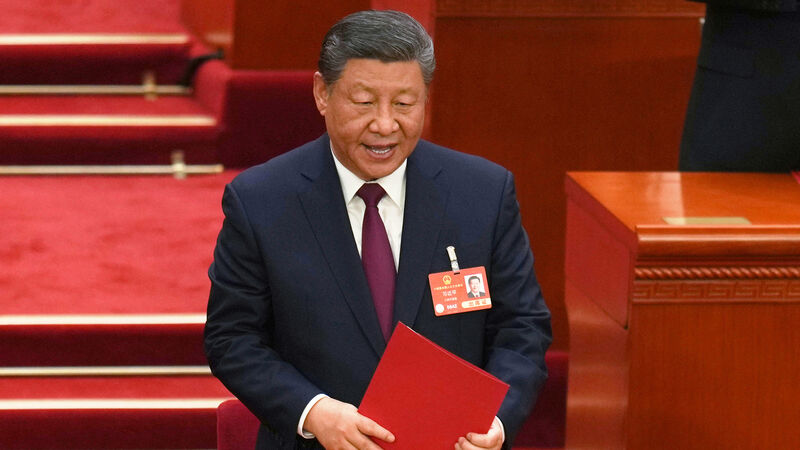China’s Xi says there are ‘no winners’ in tariff war as he visits Southeast Asia

China’s leader, Xi Jinping, started a week of diplomacy in Southeast Asia with a visit to Vietnam.
Monday’s move signalled China’s commitment to global trade just after US President Donald Trump upended the global economy with his latest tariff moves.













